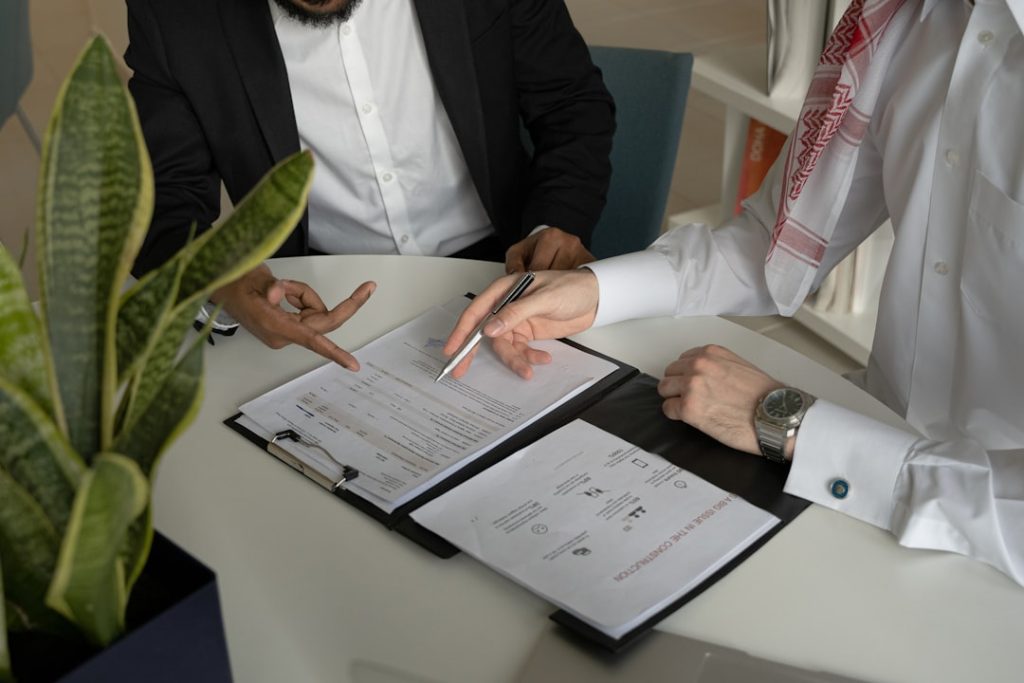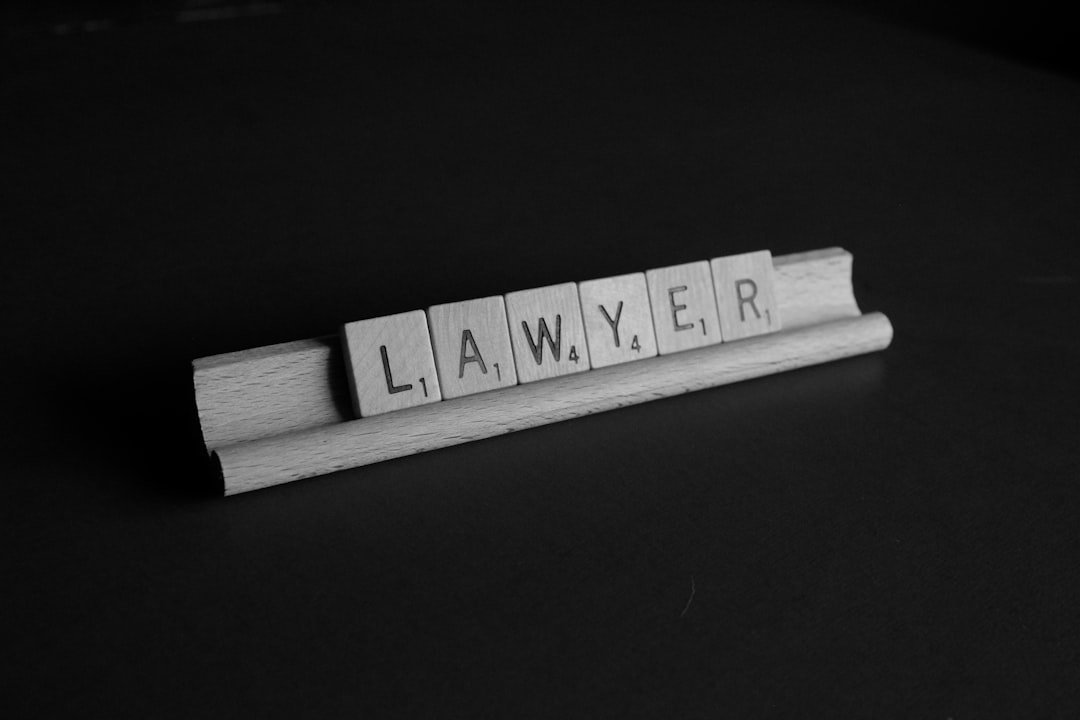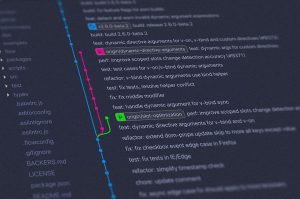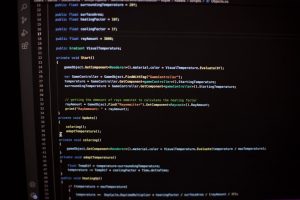How to Use ChatGPT to Write Contracts
4 min read
Drafting contracts can be complicated, especially for individuals and small business owners who do not have access to legal professionals. In recent years, artificial intelligence tools such as ChatGPT have simplified this process, allowing users to generate preliminary drafts of various types of agreements. While these drafts should be reviewed by legal professionals before being finalized, using ChatGPT to write contracts offers a fast, accessible, and cost-effective way to generate legible and structured contract templates tailored to specific needs.
Understanding ChatGPT’s Role in Contract Drafting
ChatGPT is an advanced language model developed by OpenAI. Its ability to understand context, follow prompts, and mimic professional writing styles makes it suitable for creating basic legal documents. However, it’s important to recognize ChatGPT’s limitations. The tool is not a substitute for legal expertise but rather a starting point for producing standardized contract drafts, letters of agreement, or terms and conditions.
Why Use ChatGPT for Contracts?
There are several compelling reasons to use ChatGPT to draft contracts:
- Cost-effective: Using ChatGPT can reduce reliance on expensive legal services for standard contracts.
- Speed: Contract drafts can be generated in a matter of minutes.
- Customization: Prompts can be tailored to specific requirements, making the result more aligned with the user’s needs.
- Accessibility: No legal training is necessary to generate a formal-looking document.
Types of Contracts ChatGPT Can Help With
ChatGPT performs best when used to draft standard business or personal agreements. Examples include:
- Freelancer or Independent Contractor Agreements
- Non-Disclosure Agreements (NDAs)
- Lease or Rental Agreements
- Service-Level Agreements (SLAs)
- Employment Offer Letters
- Simple Partnership Agreements
- Sales and Purchase Agreements

How to Use ChatGPT to Write Contracts: A Step-by-Step Guide
-
Step 1: Define Your Needs
Before starting, clearly define the purpose of the contract. Who are the parties involved? What is the subject of the agreement? What are the key obligations, deadlines, payment terms, and conditions?
-
Step 2: Provide a Clear Prompt
Enter a detailed prompt in ChatGPT. For instance:
“Write a freelance services agreement between a graphic designer and a small business. Include project scope, deliverables, timeline, payment terms, and IP rights.”
The more specific your prompt, the better the contract output.
-
Step 3: Review and Refine the Draft
ChatGPT will deliver a structured agreement. Read through it and adjust the details to better reflect the actual arrangement. You can prompt ChatGPT to revise certain sections if needed. For example, “Rewrite clause 3 to include partial upfront payment.”
-
Step 4: Have It Reviewed by a Legal Professional
This is the most critical step. While ChatGPT can create initial drafts, only a licensed attorney can validate the contract’s enforceability and ensure it meets jurisdictional standards.
Tips for Effective Use
To get the best results when using ChatGPT to write contracts, consider the following best practices:
- Be specific with your inputs: Always mention the parties, nature of agreement, expected results, deadlines, penalties, or warranties.
- Use legal language if you’re familiar: Adding terms like “indemnity,” “jurisdiction,” or “force majeure” in your prompt can guide the AI to use appropriate phrasing.
- Break complex agreements into sections: If the contract is long, you can ask ChatGPT to complete one clause at a time (“Write the payment terms clause for a corporate event planning contract”).
- Include localization: Mention the location of enforcement to get regionally appropriate content. E.g., “Draft a lease agreement enforceable in California.”
Sample Prompt Examples
Here are a few sample prompts users can try to get started:
- “Draft a six-month commercial cleaning contract including payment terms, non-compete clause, and termination policy.”
- “Write a non-disclosure agreement for a tech startup sharing ideas with investors.”
- “Create an equipment rental contract with liability clauses and late return penalties.”

What ChatGPT Won’t Do
Although impressive, ChatGPT isn’t a licensed attorney and should not be treated as one. Users must be aware of the following constraints:
- No legal validation: ChatGPT does not ensure legal enforceability.
- No jurisdictional specificity: Unless specified, the contract may not follow local laws.
- Ambiguous phrasing: ChatGPT might produce clauses that are too broad or improperly worded for legal environments.
- Does not replace legal counsel: Complex negotiations and high-value transactions require live legal consultation.
Benefits and Risks Compared
| Benefits | Risks |
|---|---|
| Quick turnaround time | Potential errors in clause interpretation |
| Useful for templates and drafts | Lack of legal defensibility |
| Accessible without legal knowledge | Unsuited for high-stakes legal matters |
When to Avoid Using ChatGPT for Contracts
Do not rely solely on ChatGPT if:
- The contract involves large sums of money or assets.
- You’re unsure about the business laws of your country or industry.
- You anticipate disagreements where airtight legal language is essential.
- There are jurisdiction-specific compliance requirements (e.g., data privacy laws, labor laws).
Conclusion
Using ChatGPT for contract creation is a powerful resource for individuals and businesses needing quick, readable agreements. It serves best as a drafting assistant—an AI-powered starting point that removes the intimidation of legal language. But the importance of professional review cannot be overstated. To turn a good draft into a legally binding contract, always involve a real attorney before signing.
Frequently Asked Questions
-
Can ChatGPT create legally binding contracts?
No, ChatGPT can only generate draft versions. A legal professional must review the agreement to ensure enforceability. -
Is it safe to use ChatGPT contract templates?
Yes, for initial drafts or internal use. But sensitive or finalized documents should always be validated by a lawyer. -
Can I use contracts from ChatGPT without modification?
It’s not recommended. You should always tailor the contract and verify its details against your actual arrangement. -
Does ChatGPT include regional laws in its output?
Not by default. To help it include relevant laws, your prompt should specify the region or country of applicability. -
What happens if I rely on a ChatGPT-generated contract in a legal dispute?
Because ChatGPT is not a legal authority, courts may invalidate poorly written or non-compliant contracts. Legal guidance is essential.



